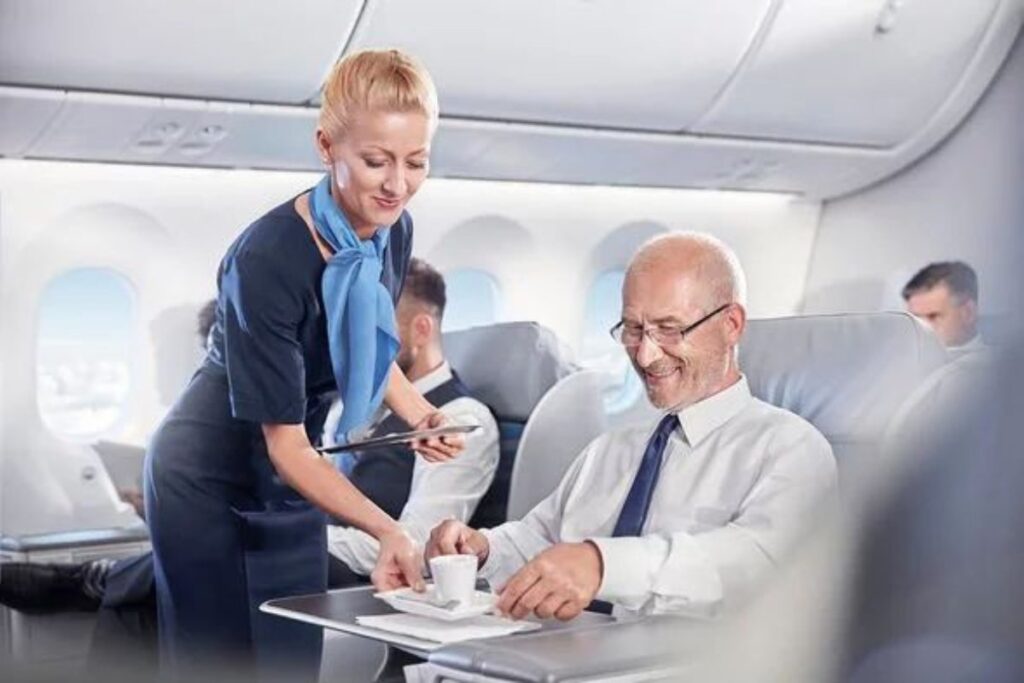Have you ever paid extra for a seat with extra comfort on a flight just to see someone else get the same seat for free? You are not alone if you have experienced this. There may not be a simple solution to the dilemma of whether it is reasonable for some passengers to pay for upgrades while others get them for free.
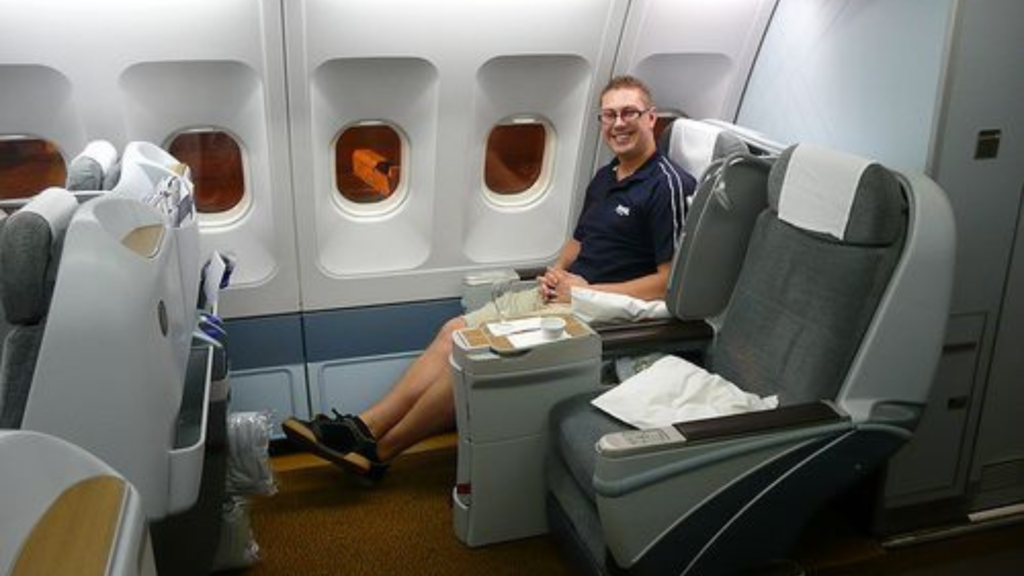
Nonetheless, a careful balance must be struck between customer happiness, operational effectiveness, and fairness. So, let’s analyze this puzzling scenario, in which loyalty appears to hold no value, and determine whether it is justifiable.
The Scenario
Imagine yourself getting on a plane for a long flight, knowing that you can afford to pay an extra $70 for a premium seat with more legroom. Satisfied with your choice, you take a seat.
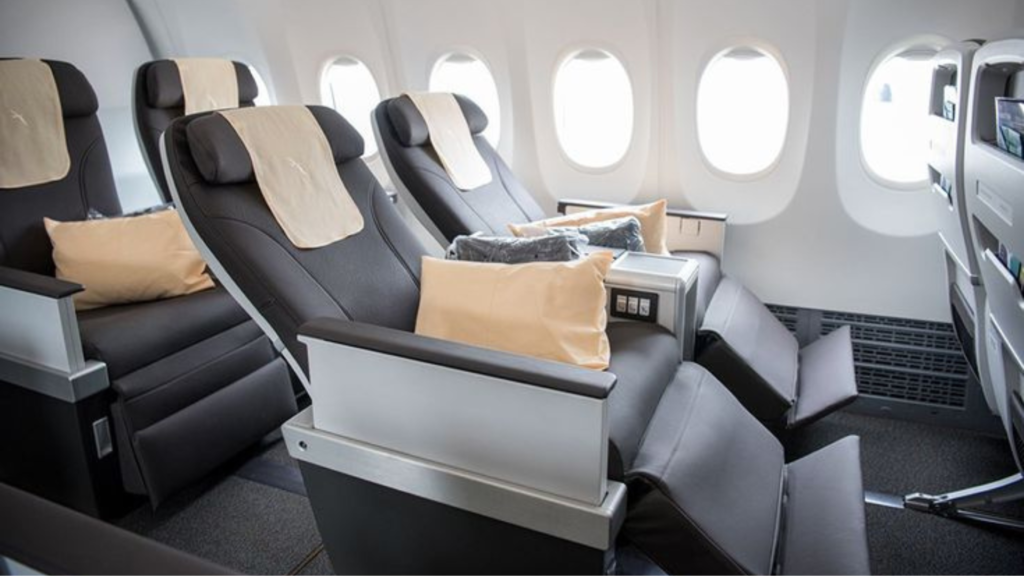
But shortly before takeoff, you see two women, paying no additional fee, switch from their economy seats to the empty premium seats next to you. You immediately question whether this is fair and why you paid for something when others could just upgrade for free.
Balancing Profit and Passenger Satisfaction
Airlines have increased revenues over the last ten years by charging for meals, more baggage, and seat upgrades. This tactic keeps basic costs cheaper while allowing passengers to select and pay for extra comforts.
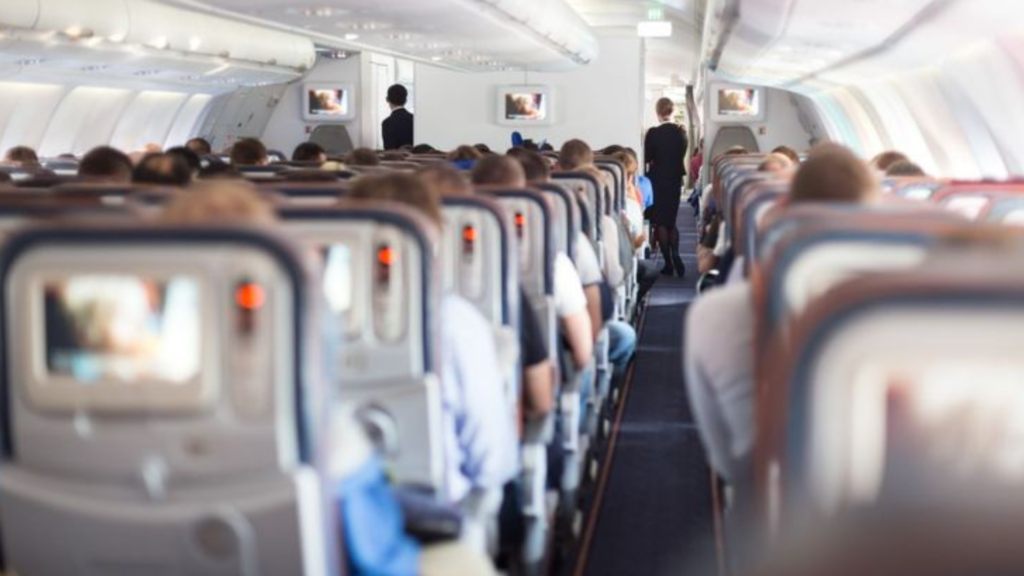
As a result of this strategy, passengers now feel differently, with some paying for upgrades feeling betrayed while others receive free upgrades to luxury seats. This issue highlights how difficult it is for the airline industry to strike a balance between revenue and passenger satisfaction.
The Idea of Paying for Comfort
When you spend extra for better comfort, like more legroom or a gourmet meal, you invest in peace of mind and an improved experience. This sense of value balances the increased price.
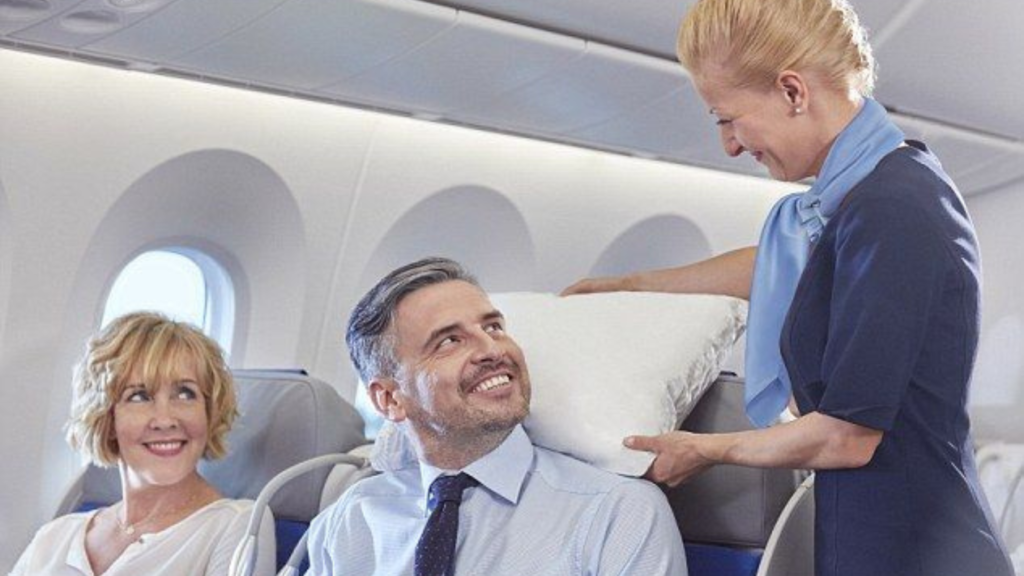
But when others get the same advantages without paying for them, it irritates and feels unfair. It’s not just about the money; people are first motivated to spend more by perceived value and fairness principles.
ALSO READ: Home Buyers Are Soft-Pedalling as Mortgage Rates Suddenly Spike to 8%
The Airline’s Perspective
It makes sense for an airline to fill empty premium seats. While full seats may result in happier, maybe returning customers, empty chairs do not bring in any money. Allowing passengers to switch to empty seats on an empty flight can help balance the plane and aid smoother flights.
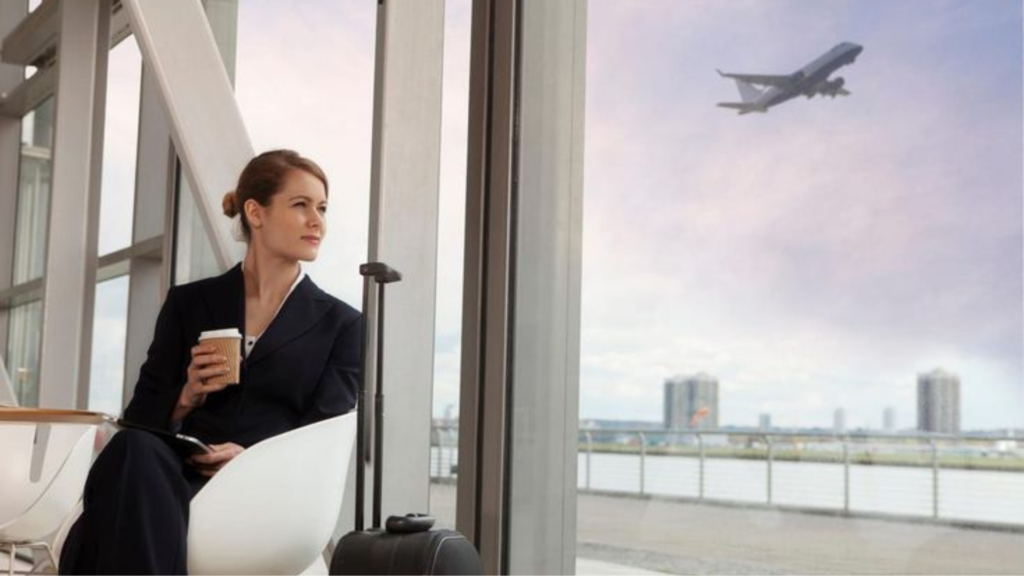
Gate agents or flight attendants may move passengers for weight distribution or other operational reasons. In some cases, loyalty program members might be given preferential treatment when it comes to these complimentary upgrades.
Is It Fair? From a Passenger’s Perspective
Fairness is a complex issue when viewed from the passenger’s perspective. When extra services are paid for, there is an expectation of exclusive benefits. Feelings of resentment and dissatisfaction may arise when others obtain similar benefits without having to pay.
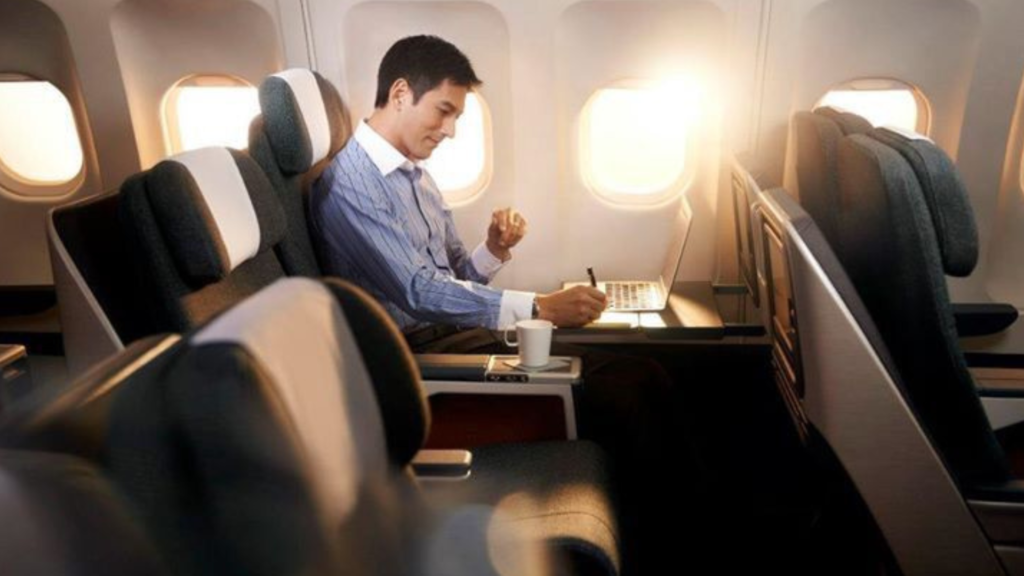
The cost of upgrading feels unnecessary, and it may make airline loyalty seem less valuable. Travelers may begin to doubt the value of their investment in more comfort and feel as though their faith in the airline is being called into question.
Is It Fair? From the Airline’s Perspective
The airline’s key priorities are optimizing customer pleasure and effectively managing resources. Moving people into vacant premium seats helps make the most of available space. It guarantees a fuller flight, enhancing the overall travel experience without adding to the airline’s costs.
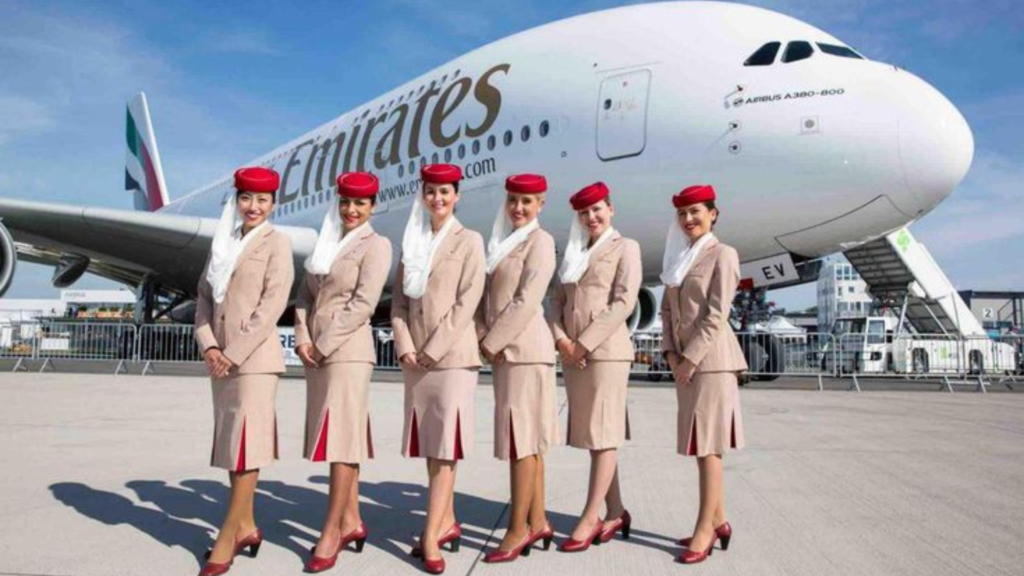
This flexibility can be viewed as a means of meeting operational requirements like maintaining a balanced weight distribution and improving passenger satisfaction and loyalty. Airlines might argue that these procedures lead to a more seamless and effective service.
Solutions to Enhance Fairness and Transparency in Airline Upgrade Policies
Airlines should implement more transparent regulations about seat upgrades and cabin mobility to address concerns about fairness and transparency. The recommendations include establishing flexible rates for last-minute seat upgrades, offering structured rewards for loyal customers, and clearly communicating upgrade procedures to manage expectations.
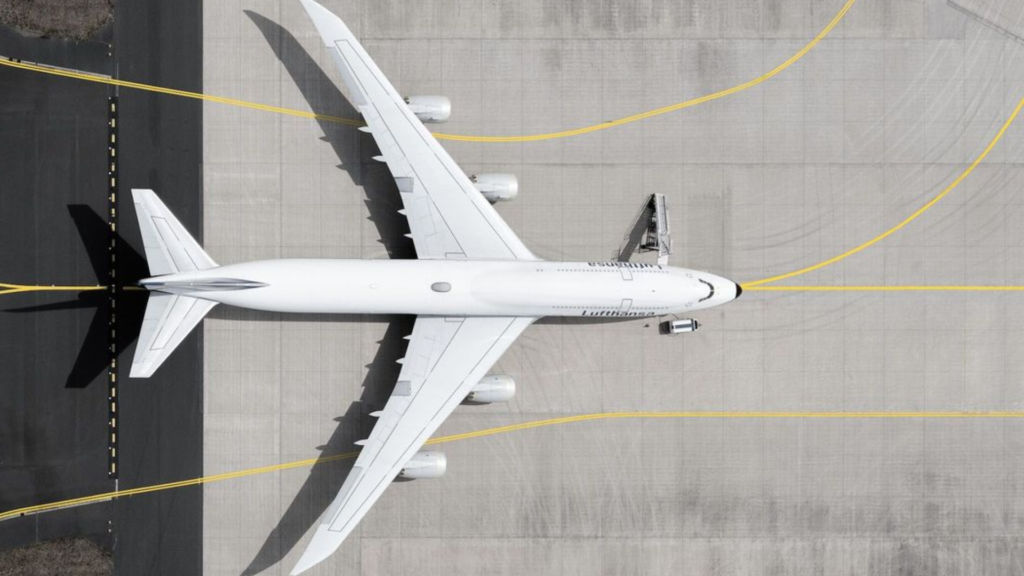
To further guarantee that every passenger feels appreciated and treated equally, try improving loyalty programs with special perks and communication between gate agents and flight attendants.
Embracing the Human Side of Airline Travel
It’s important to remember the human aspect of travel amidst the complexity of airline seating and upgrades. Traveling by plane may be stressful, and little things like delays or modest gestures can make a big difference.
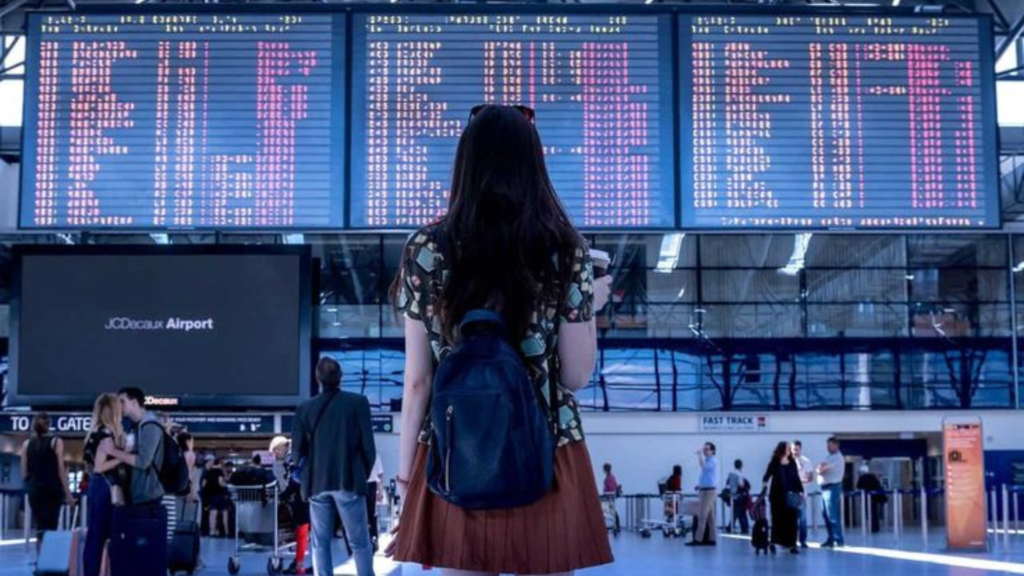
Try to concentrate on the comfort and value you are getting from your purchase if others obtain free upgrades. Notwithstanding what other people may have experienced, you made the option to upgrade at your own expense because of your own personal comfort needs.
The Role of Technology
Technology has made it possible for airlines to improve passenger experiences with powerful tools. Airlines can offer more flexible upgrade options by using dynamic pricing, which enables them to modify seat costs in response to demand and availability. Passengers are notified about their seating options through real-time seat availability updates.
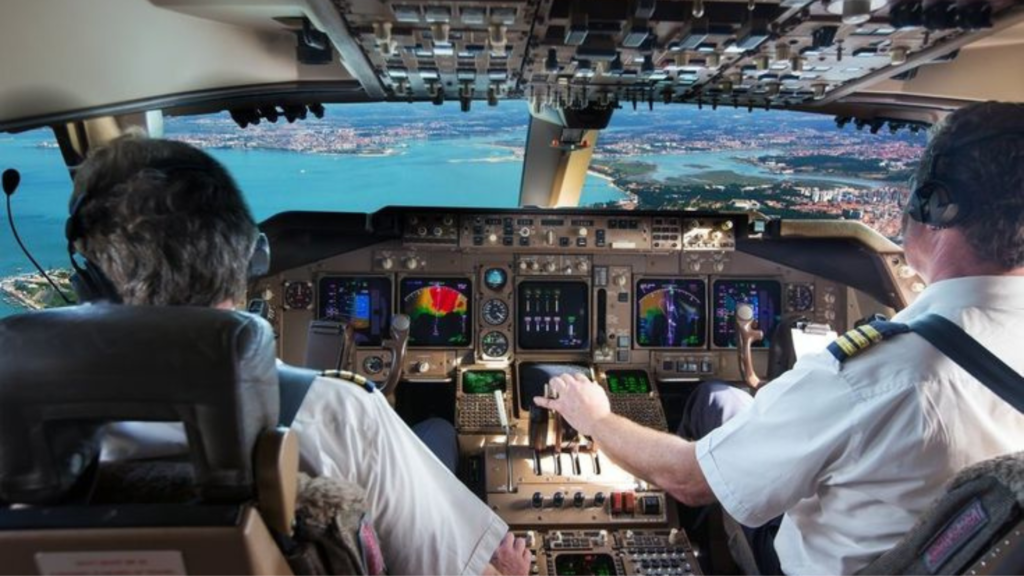
Experiences can be customized with tailored offers based on traveler history and personal interests. By integrating these technologies, airlines can better match their operations with passenger expectations and provide a more balanced and fulfilling travel experience.
ALSO READ: Millions to Benefit as Grocery Tax Gets Abolished
The Future of Travel
Airlines need to adapt to stay competitive as travel preferences change. Given the rise of low-cost airlines and the growing emphasis on the customer experience, conventional business models must be reassessed. Airlines must innovate by rewarding loyalty and guaranteeing fairness to preserve passenger trust and satisfaction.
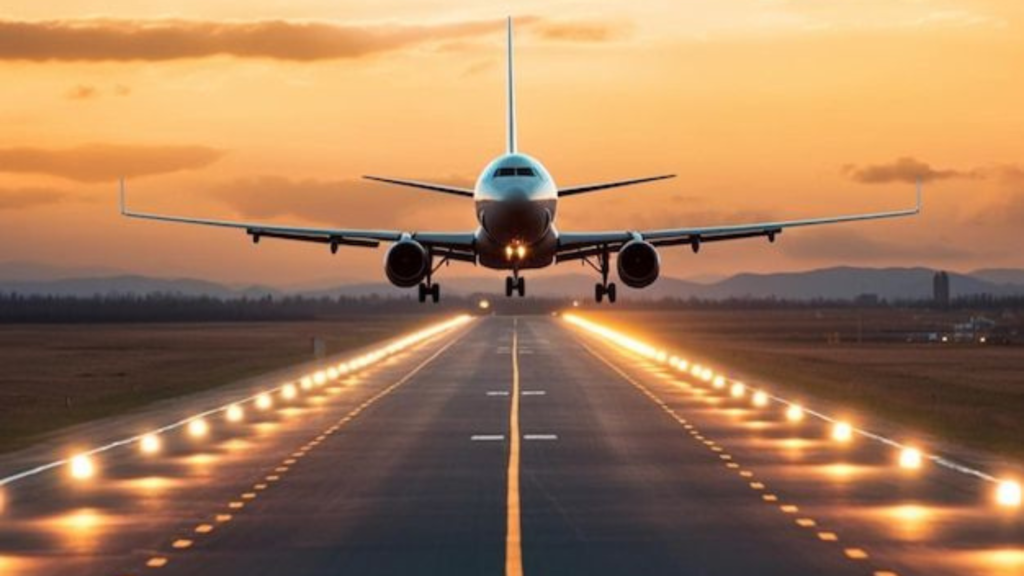
Reconsidering upgrading policies, improving transparency, and using new technologies may be necessary to provide a more personalized and fair travel experience. Our future prosperity will depend on our acceptance of these changes.
Finding Value and Fairness in Air Travel
Instead of comparing their experience to that of other passengers, travelers need to focus on the comfort and personal value that their purchase provides. Transparency, consistency, and enhanced reward programs can help airlines close the equity gap.
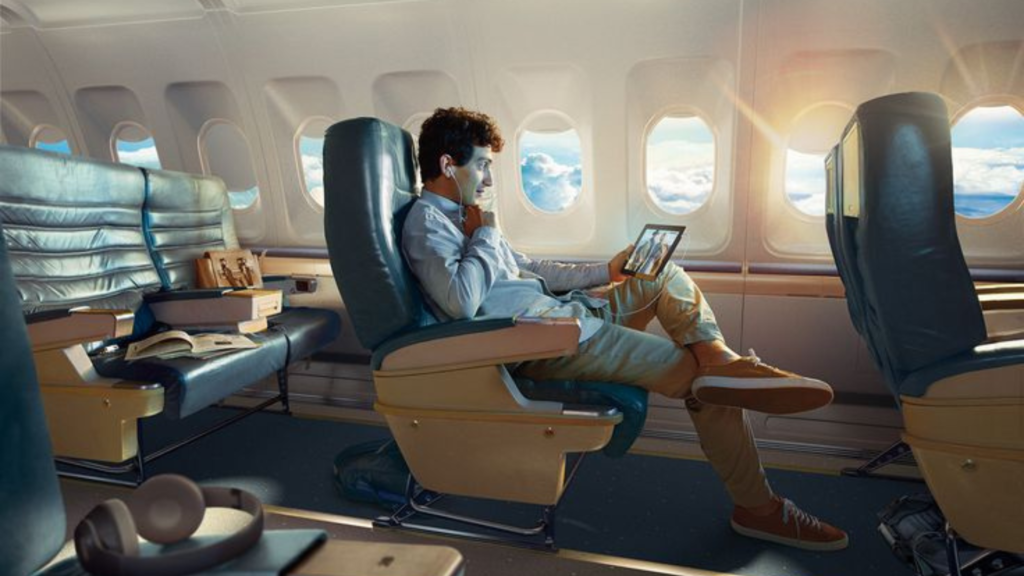
Remember to enjoy the journey the next time you witness someone moving to a premium seat. Whether you paid for an upgrade or not, travel is an adventure, and having a good mindset can improve the fun. Plus, there may be a surprise upgrade coming soon!
You Might Also Like:
US Officials Raise Alarm Over Fraudulent SNAP Transactions
Couple Forced To Sell Their $2 Million Dream House for Only $200,000
Chicago Man Fights Back As His Property Tax Jumped From $1,800 to $30,000 in 2024
A Family Hangs a Painting on Their Wall for Decades, Only To Discover It’s Worth Over $100K
Man Relocates to a 5-Star Resort Abroad, Finding It Cheaper Than Monthly Rent and Bills

